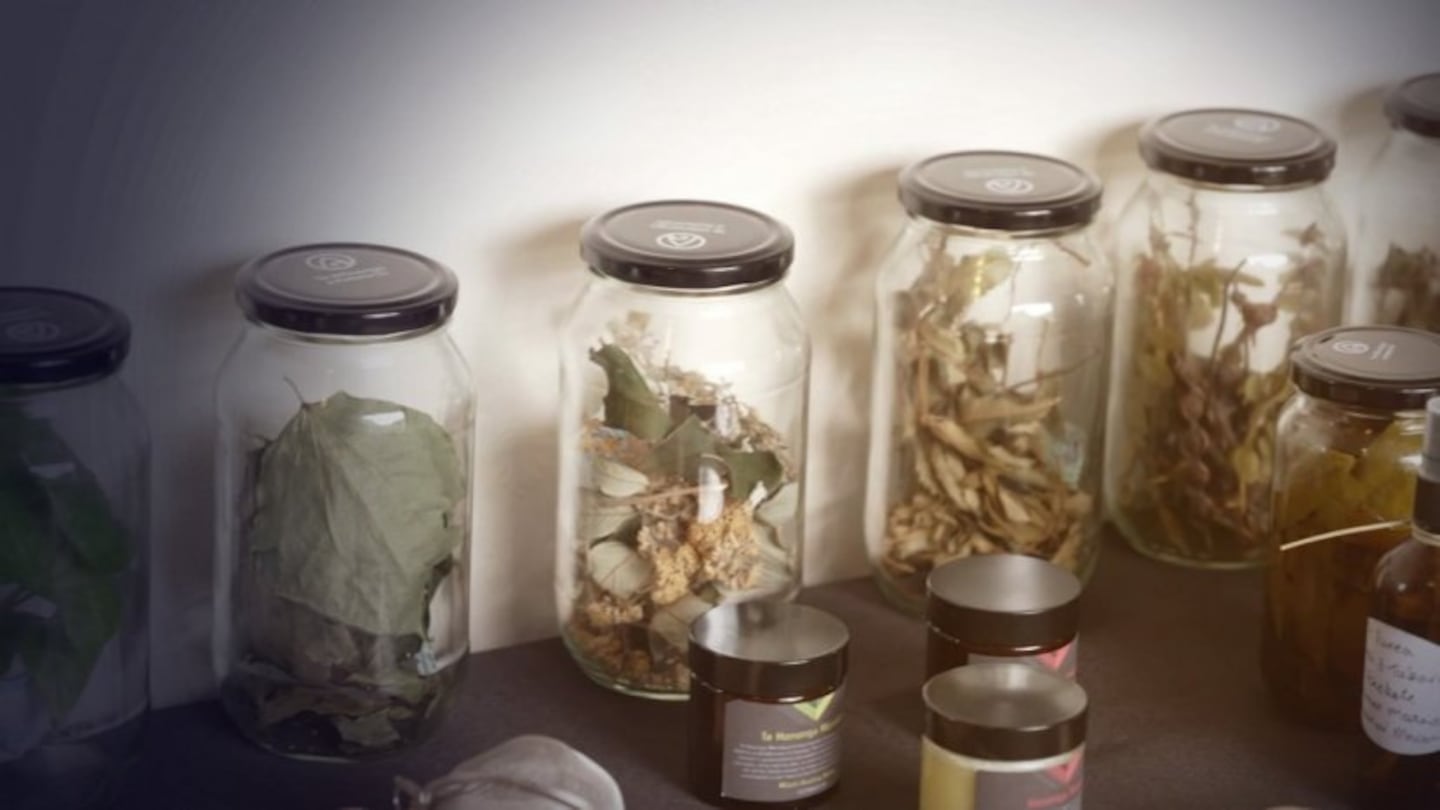Rongoā Māori practitioners fear their work and treatments will be disadvantaged by the Therapeutic Products Bill, with grave concerns from practitioner Renee MacDonald that the bill will diminish traditional Māori healing methods, to the same effect the Tohunga Suppression Act did.
But Associate Health Minister Peeni Henare believes the proposed legislation will eliminate the "cowboys in the sector" and ensure the tested health benefits of their products.
Renee MacDonald says, “Us going underground is a big deal because we don't want to have to do that. And the Tohunga Suppression Act did that to us for a very long time and it shouldn’t be happening again. So we're not happy, I'm not happy about it.”
The bill aims to ensure products are safe but it will also regulate how products are made, tested, promoted and exported.
Could the rongoā Māori practice be in danger with new legislation?
Protecting buyers
Māori Health Minister Peeni Henare says, “For me it is the safety of those who buy these products from all around the world. I have spoken to some who want to take rongoa Maori to the global market so through this bill, by law practitioners and their products will be kept safe.
The rongoā Māori communities are hopeful that the 'kanohi ora' strategy will help protect rongoā Māori and keep it out of the Therapeutics Products Bill.
Henare also says, “I'm telling all the community that the doors have not yet closed for this bill. Discussions at this point are ongoing but I acknowledge some of the concerns from the rongoā Māori community".
But those who have worked to build their businesses are not buying into this.
MacDonald also says, “And so to have this come out and to question your integrity really as a practitioner because that's what it is, for myself I'm not sure what will happen there. It is a little bit scary because I have a business to run.”
MacDonald says monetary value in her line of work has no significance and most practitioners receive monetary value on a 'koha' basis.



